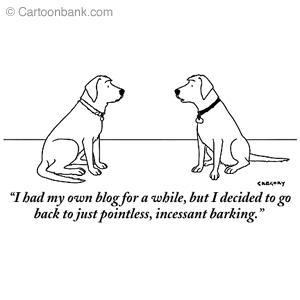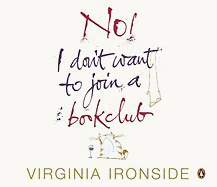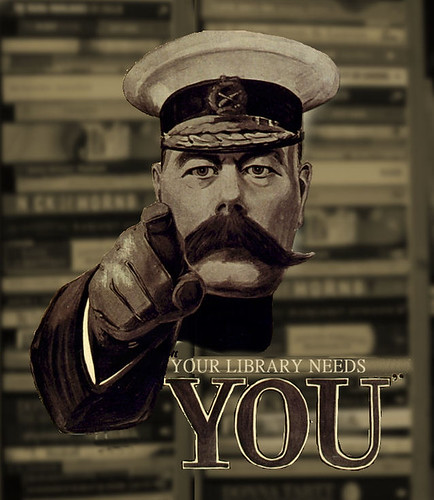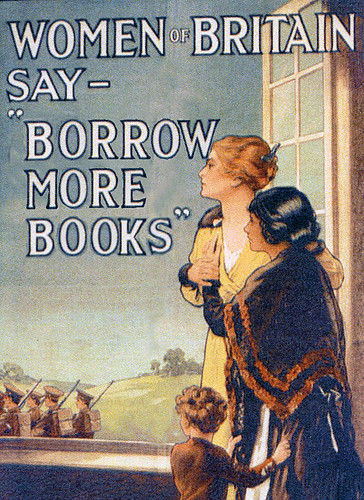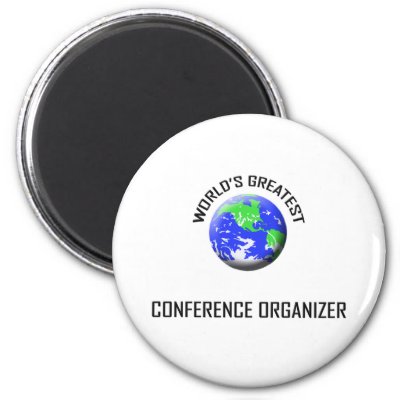Who is Dame Julia Cleverdon?
To be honest, I was not aware of Dame Julia before this event, which is my fault because she came across excellently as someone of great wisdom, compassion and realism.
For those who are unaware of her, Dame Julia Cleverdon is actually a renowned speaker on corporate responsibility, leadership and career development. She is Vice President of Business in the Community, a movement of 800 top UK companies committed to improving their positive impact on society and is also a Special Adviser to Prince Charles's Charities on responsible business practice. Dame Julia's work at Business in the Community led to her being listed by The Times as one of the 50 most influential women in Britain!
Dame Julia is also Chair of Teach First, which coaches exceptional graduates into effective, inspirational teachers and leaders in all fields. In the last two years Julia has led a review for the Government on Education and Business partnerships and more recently led a three-month Taskforce on Building Stronger Communities in an Economic Downturn.
Additionally, Dame Julia chairs RWE NPower's Corporate Responsiblity Committee and is also a member of Carillion's Sustainability Committee and a Business Adviser to Marie Curie. She is also a Board Trustee for the NCVO and chairs the Newnham College Advisory Board, a Patron of Volunteer Reading Help, the Helena Kennedy Bursary Scheme, and the Teacher Training Awards. She is also an Ambassador of the World Wildlife Fund and a member of the Commonwealth Study Conference Committee.
The world needs more people like her who understand both ordinary people and business and can understand the motivations of the Occupy London protest camp at St Paul's Cathedral (and other protestes worldwide against corporate greed).
Learning from words of wisdom
Dame Julia invited the audience to collectively rewind, pause and fast forward to reflect on what impact we have as a group and as individuals in society. She inspired us to think about what we could do if we could rise our eyes beyond our day to day activities.
Rewind
First we were encouraged to look backwards. There is much that we can learn from studying lessons from the past from both a personal and work point of view (a sentiment I share being a former history student).
One particular example of the insights that we can gain about how people behave, cooperate and inter-relate in business and as leaders, is demonstrated by the experiences of Lord Browne, the former Chief Executive of BP. Lord Browne's memoirs, "Beyond Business" published in 2010 provide a personal, human view of business and leadership. In these memoirs he refers to how his passion and study of history and in particular that of Venice and eighteenth century Venetian prints helped him grow as a businessman and leader. BP during Browne's time at the company could be compared to what was happening in Venice in this period - a hermetically sealed and inward looking society.
At a more personal level, Dame Julia reflected back on her education history - via Camden and then Newham College, Cambridge - which was clearly marked by great inspirational teachers (although careers advice was absolutely hopeless...and often still is to the detriment of many young people).
Pause
Next we were encouraged to pause. In this section of her talk, Julia reflected on her time working in the industrial relations team at British Leyland during the 1970s. The personal experience of working at Leyland absolutely demonstrated that leadership is THE key to making things happen. Across society there is a need for outstanding leaders.
Julia then took time to focus on some simple but effective examples of demonstrating leadership practically and where we all have a part to play (as in the phrase that 'takes a village to raise a child'). Her examples included
- setting up of a school breakfast club with the involvement of the bakery firm Greggs providing disadvantaged primary school children chance to have healthy, nutritious food and impacting on educational attainment levels.
- a meeting between a KPMG senior partner and a head teacher which resulted in a twinning arrangement and support between leaders and ultimately led to the Teach First programme.
Lastly, we looked forward and Julia considered the issue of how do you create great schools. She judged the foundations to be built on a talent and cohort of excellence, building on success and building our being fortunate while also seeking to help those less fortunate.
At was clear at the end that we all could go away and do something - whether it be running a breakfast club, being a mentor, running a training apprentice scheme, being a school governor, volunteering for a 'uniformed' organisation like the CCF or the Scouts who are calling out for adult leaders, offering work experience.
I left the whole event feeling extremely empowered and motivated to do more....and hope that feeling stays for a long time to come.
(See photos of the event at http://www.bromsgrove-school.co.uk/third-foundation-lecture-2011/ and a video at: http://www.youtube.com/bromsgroveschool)




